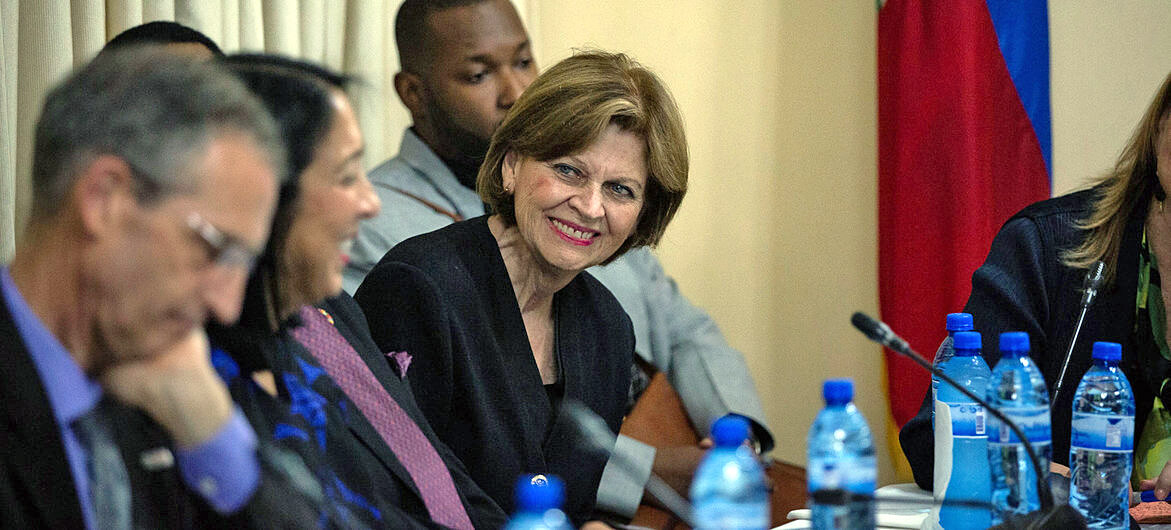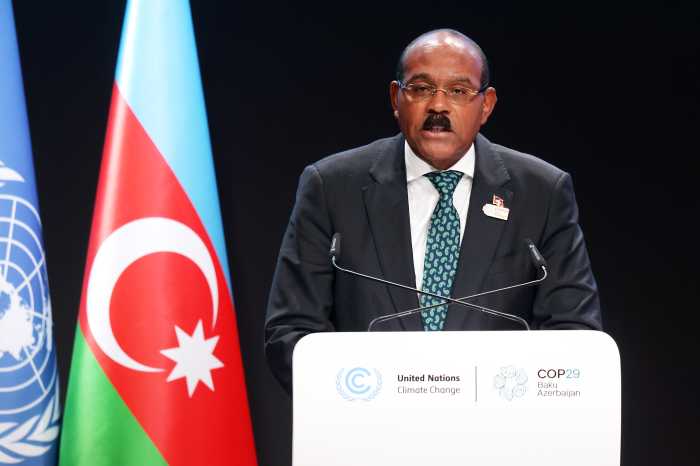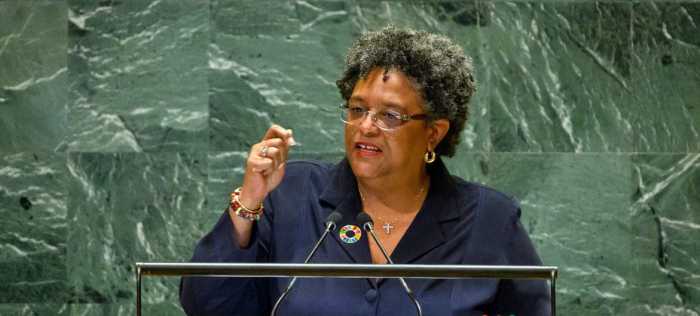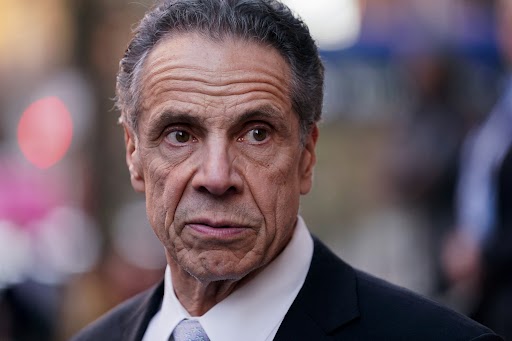The United Nations Special Representative for Haiti on Thursday acknowledged the legitimacy of Prime Minister Claude Joseph to lead the French-speaking Caribbean nation following the “cowardly” assassination of President Jovenel Moïse on Wednesday, and welcomed his government’s commitment to hold national elections later this year.
Helen La Lime, who also heads the UN Integrated Office in Haiti (BINUH) said the prime minister, who now leads the government in line with the country’s constitution in the event of a sitting president’s death, was committed “to dialogue, and to continuing with a process to hold elections according to the electoral calendar that was released just last week.”
She said that would mean a first round of elections on Sept. 26, with a second round set for November.
Speaking via video link with reporters in New York, La Lime said that “all efforts must be made” to bring those responsible for the assassination of the president to justice, and that a national investigation led by Haitian police was now underway, following a number of arrests.
“It is too early for me to comment on exactly what went on and the circumstances surrounding this abhorrent act of violence,” she said. “We will continue to wait for further developments and to assist as we can.”
She said the Haitian Government was “very serious” about ensuring that the perpetrators are caught and said BINUH would provide any help at its disposal to aid the investigation.
The Special Representative told reporters that the UN Security Council had discussed, behind closed doors, a request from Haiti to provide “security assistance” with the on-going investigation amidst the deepening political crisis, and acknowledged that there were tensions, which needed to be resolved.
The UN said Haiti has been gripped by months of street protest against President Moïse and the fraying of state institutions and the economy, with armed gangs controlling much of the country, as poverty and hunger increase.
According to reports, a new prime minister had been due to replace Joseph this week, and the most senior judge in the country, who could have been a stabilizing influence, died of COVID-19 in June.
La Lime said that “there certainly are tensions, there are certainly people on all sides of this issue having different interpretations of Article 149 (of the Constitution); that’s why it’s important that dialogue happen, and that the Haitian authorities and Haitian stakeholders, have a dialogue, so that a way forward can be charted, one that gives the people of Haiti the opportunity to decide who their next government (is).”
She said the UN in Haiti was working “very hard and very closely” with all Haitian stakeholders at this time, and was encouraging “all national stakeholders to remain united.
“Our message is that stakeholders need to set aside their differences and to chart a common way forward, and overcome this difficult moment in a peaceful manner,” La Lime said.
Asked if the UN should now consider restoring some kind of peacekeeping operation in the light of the current situation, the top UN envoy said that the government needed to specify what kind of security assistance it is asking for.
“In the meantime, we need to continue to use the technical assistance we have on the ground, maybe render it more dynamic, so that we can call on additional support,” she said. “But the key is in the next two weeks.
“We’ve got to really be working in the most effective way to ensure that this investigation moves forward,” La Lime said. “And that’s exactly what we intend to do.”



























